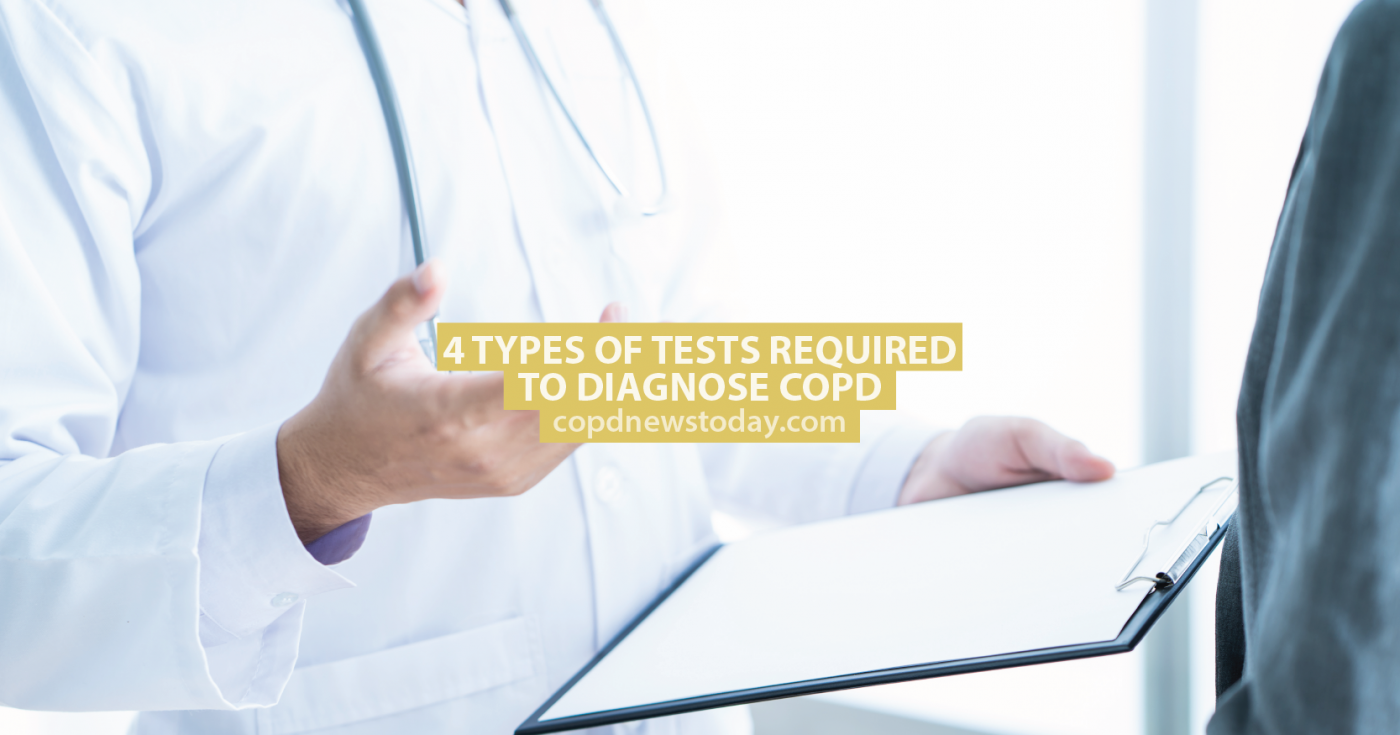4 Types of Tests Required to Diagnose COPD

COPD is the name given to a group of chronic lung diseases, the most well-known being chronic asthma, emphysema, and chronic bronchitis. For doctors to determine whether or not a person has chronic obstructive pulmonary disease (COPD) the patient will need to undergo several tests. In addition to having a comprehensive medical history taken, the patient will also require:
Lung Function Test
A spirometry helps doctors determine how well a person’s lungs are functioning. The patient has to breathe one long breath into a machine called a spirometer. This calculates how much air you can blow into the machine in one second and six seconds, respectively. The lung function test will continue to be used throughout a person’s treatment to track the progression of the COPD.
Arterial Blood Gas Test
This measures the amount of oxygen in the blood through a simple blood test. This allows doctors to establish how well oxygen and carbon dioxide are moving throughout the body. A lower blood gas could mean the patient needs to begin oxygen therapy.
Read our list of eight ways to manage your COPD.
CT Scan
CT chest scans can create detailed images which are used to establish how much damage the lungs have sustained and to see if a person has any other underlying health condition which may be contributing to breathing difficulties such as asthma or a heart condition.
Laboratory Tests
Other tests may include blood tests to determine if the patients is Alpha-1 antitrypsin (ATT) deficient, which is a genetic disease that can cause liver disease and emphysema.
Find out more about the pathology and treatment of COPD.
COPD News Today is strictly a news and information website about the disease. It does not provide medical advice, diagnosis or treatment. This content is not intended to be a substitute for professional medical advice, diagnosis, or treatment. Always seek the advice of your physician or another qualified health provider with any questions you may have regarding a medical condition. Never disregard professional medical advice or delay in seeking it because of something you have read on this website.





